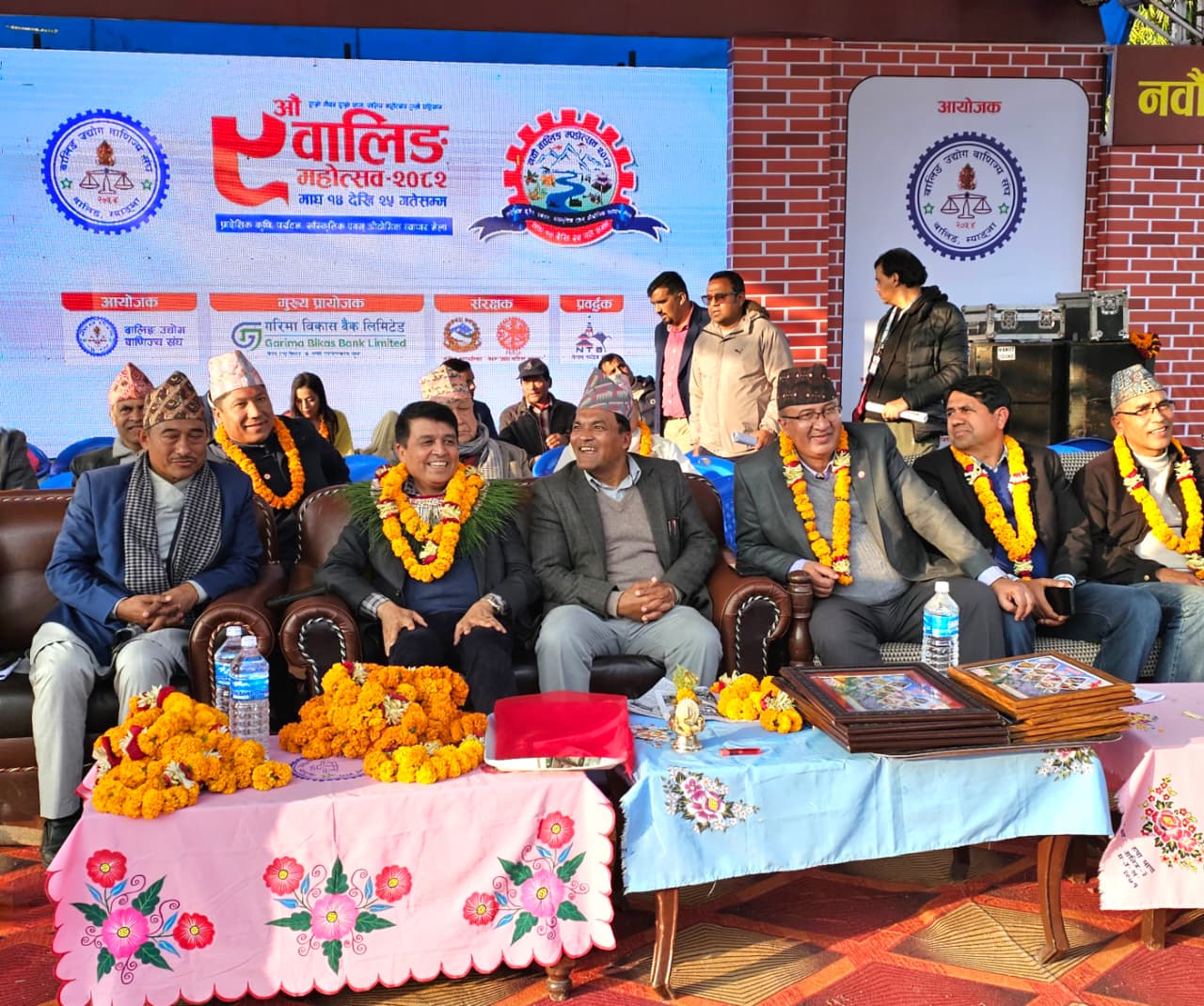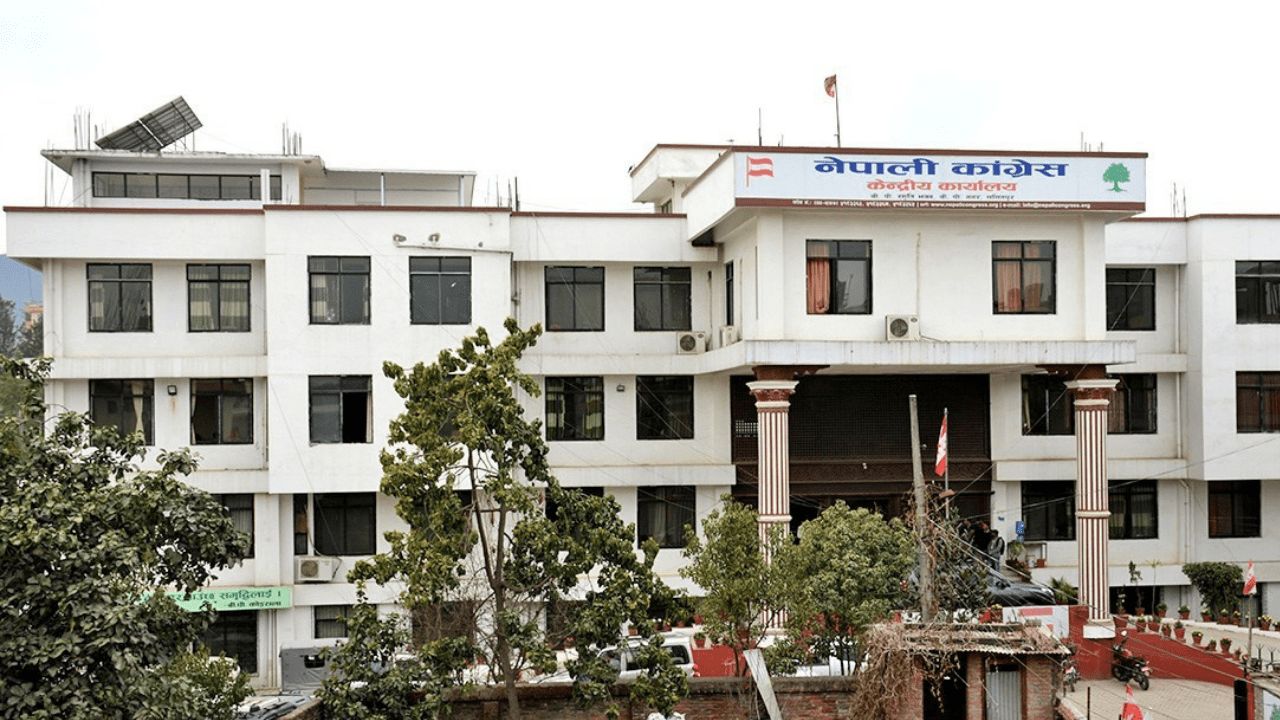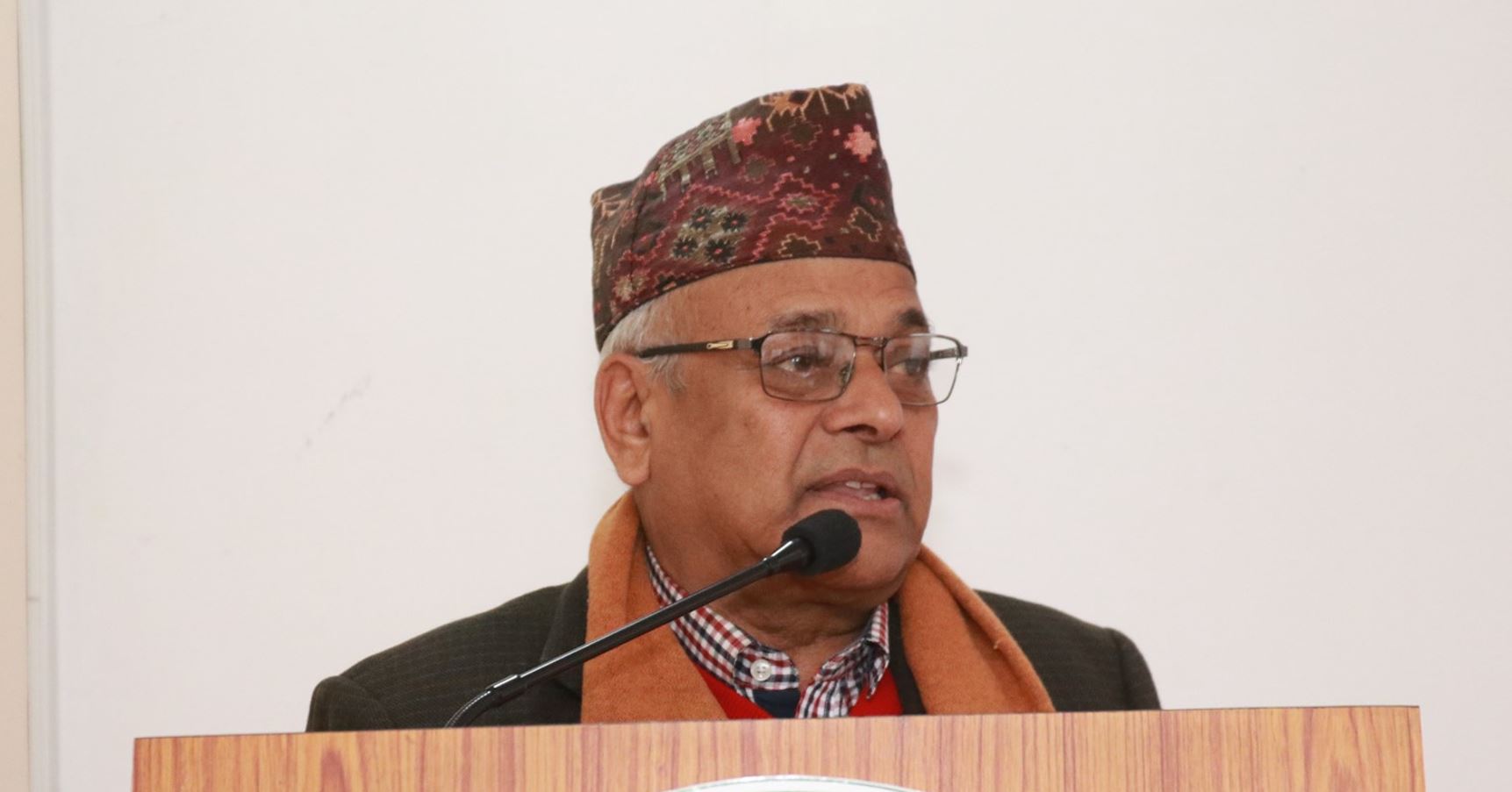Kathmandu. Nepal Rastra Bank (NRB) is preparing for the monetary policy for the fiscal year 2082/83 BS. Rastra Bank will come out with a monetary policy to support the government’s 6 percent economic growth and inflation within the desired range of 5.5 percent.
Expansion of credit, reduction of bad loans, balance of interest rates and management of the external sector are some of the priorities of monetary policy. Federation of Nepalese Chambers of Commerce and Industry (FNCCI) and Confederation of Nepalese Industries (CNI) have already suggested to the Rastra Bank as per the expectations of the private sector from the monetary policy for the upcoming fiscal year.
The Federation has stressed on policy reforms to accelerate the reform-oriented economy, boost the morale of the private sector and address the risks related to money laundering, keeping in mind the slowdown in the economy, the risks of the financial sector and a large part of the informal sector.
Similarly, the Confederation has suggested increasing economic activity by boosting low market demand, improving monetary policy practices and structural reforms of the Rastra Bank. It hopes that the upcoming monetary policy will encourage the private sector to invest, boost market confidence and help revive the economy through new jobs creation and increased market demand.
Nepal Rastra Bank (NRB) has been advised to include concrete programmes in the monetary policy to implement the provisions made in the budget for the upcoming fiscal year for loan rescheduling and restructuring. It has been suggested that this facility should be made available to all industries and businesses, more working capital flow and interest penalty should be clarified and effectively implemented.
The FNCCI has suggested the Rastra Bank to facilitate the provision of working capital loans for productive, tourism, construction industry and housing development companies in a simple and accessible manner, and to give the concerned banks and borrowers the right to decide the current capital loan according to the nature of the business.
The Federation has also demanded a policy provision to provide concessional loans to micro, domestic, small and women-run export-oriented industries in order to maintain their competitiveness in view of nepal being upgraded from least developed country by 2026.
The Federation has suggested that the provision of interest subsidy should be streamlined by linking women entrepreneurship loans with production and provision should be made to provide loans up to Rs 50 million at a maximum premium rate of two percent.
The Federation has also demanded to provide business registration and project loan of up to Rs 10 million through citizen app to attract Zen-G generation to business for the promotion of youth entrepreneurship.
The FNCCI has also suggested providing concessional loans to the dependent families of the people sending remittances through formal means, revising the existing targeted loan policy and formulating a guided policy giving priority to productive industries, tourism and infrastructure, and establishing and operating property management companies in the context of increasing unprofessional wealth of banks and financial institutions.
Similarly, the Federation has also urged the Rastra Bank to increase the limit of residential home loan from Rs 20 million to Rs 30 million. The Federation has suggested to the Rastra Bank that there should be no additional capital charge on the bank’s investment in ‘private equity’ and ‘venture capital’ and the investment made in such funds should be recognized as providing loans in the directed sector.
The Confederation of Nepalese Industries (CNI) has suggested to the Rastra Bank to make the policy rate effective so that it can discipline the interest rate in line with the objectives of the Rastra Bank, reduce the existing statutory liquidity ratio (SLR), find an alternative to the base rate for determining the bank interest rate, and abolish the provision of not allowing banks to lend below the base rate.
Similarly, the confederation has also suggested to the Rastra Bank to remove the existing minimum and maximum interest rate difference on fixed and saving deposits not exceeding 5 percent, while reviewing the interest rate by more than 10 percent and not more than once.
It has also suggested suspension of the 0.5 per cent Counter Cyclical Capital Buffer (CCB) currently in force and reducing the limit of directed landings in priority sectors.
It has also suggested that the structure of the Board of Directors of the Rastra Bank should be improved. “The members to be appointed as directors on the board of directors of the Rastra Bank need to be appointed on the basis of expertise and not on the basis of access. This will make the reputation and role of the central bank more effective,” the confederation said in its recommendation to the Rastra Bank.
Similarly, a separate committee should be formed within the Rastra Bank to formulate monetary policy, banks should be given the decision to regulate and monitor the borrowers, classification of non-performing loans and all the new provisions made regarding group loans under it should be abolished. It has also demanded that the provision of current capital loan should be suspended immediately.
The Confederation has stressed the need for the monetary policy to come in a coordinated manner to increase market demand and meet the budget objectives. The Confederation has also suggested the Rastra Bank to review the period of blacklisting of borrowers.




















प्रतिक्रिया दिनुहोस्